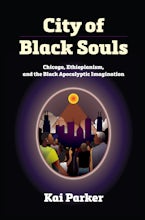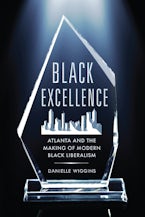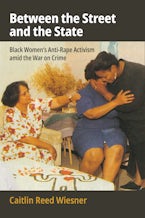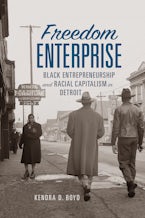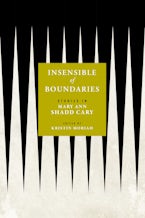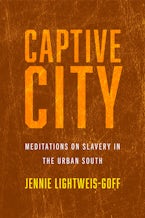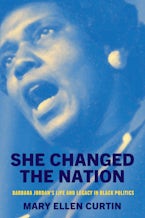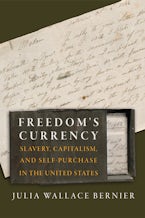How Black Protestants in Chicago created Ethiopianism, a transnational religious movement against Western imperialism
City of Black Souls uncovers the history of how, from the late nineteenth to the mid-twentieth century, Black Protestants in Chicago created a transnational religious movement that connected the Black struggle for freedom in the United States to the global Black fight against Western imperialism. This was a movement of Ethiopianism—meaning a movement for Black religious and political independence inspired by biblical references to “Ethiopia,” particularly Psalm 68:31, “Princes shall come out of Egypt; Ethiopia shall soon stretch out her hands unto God.”
Through Ethiopianism, Kai Parker argues, Black Chicago Protestants drew from Coptic and Ethiopian Orthodox Christian traditions and worked with West African Christians to imagine that Afrodiasporic Christian faith heralded the apocalyptic end of imperialism and white supremacy. Parker illuminates the apocalyptic Ethiopianism of famous Black Chicagoans such as Ida B. Wells and gospel musician Thomas Dorsey, and of lesser-known ones such as painter William Edouard Scott and Nigerian immigrant turned anticolonial missionary Samuel Wadiei Martin. When John C. Robinson, a Black Chicagoan, led Haile Selassie’s air force against Mussolini’s invasion of Ethiopia in 1935–1936, this was no coincidence, but rather an outgrowth of decades of Ethiopianism in Chicago.
City of Black Souls shows that Ethiopianism was a dynamic, heterogeneous, and modern movement through which Black migrants to Chicago engaged the industrial city and influenced the mid-twentieth-century anticolonial and civil rights movements. The book is especially important to Black religious and political studies in its demonstration of how apocalyptic Ethiopianism differed in its contributions to the Black freedom struggle from the canonical “prophetic” religion grounded in the Exodus notion of moving from slavery to freedom.

